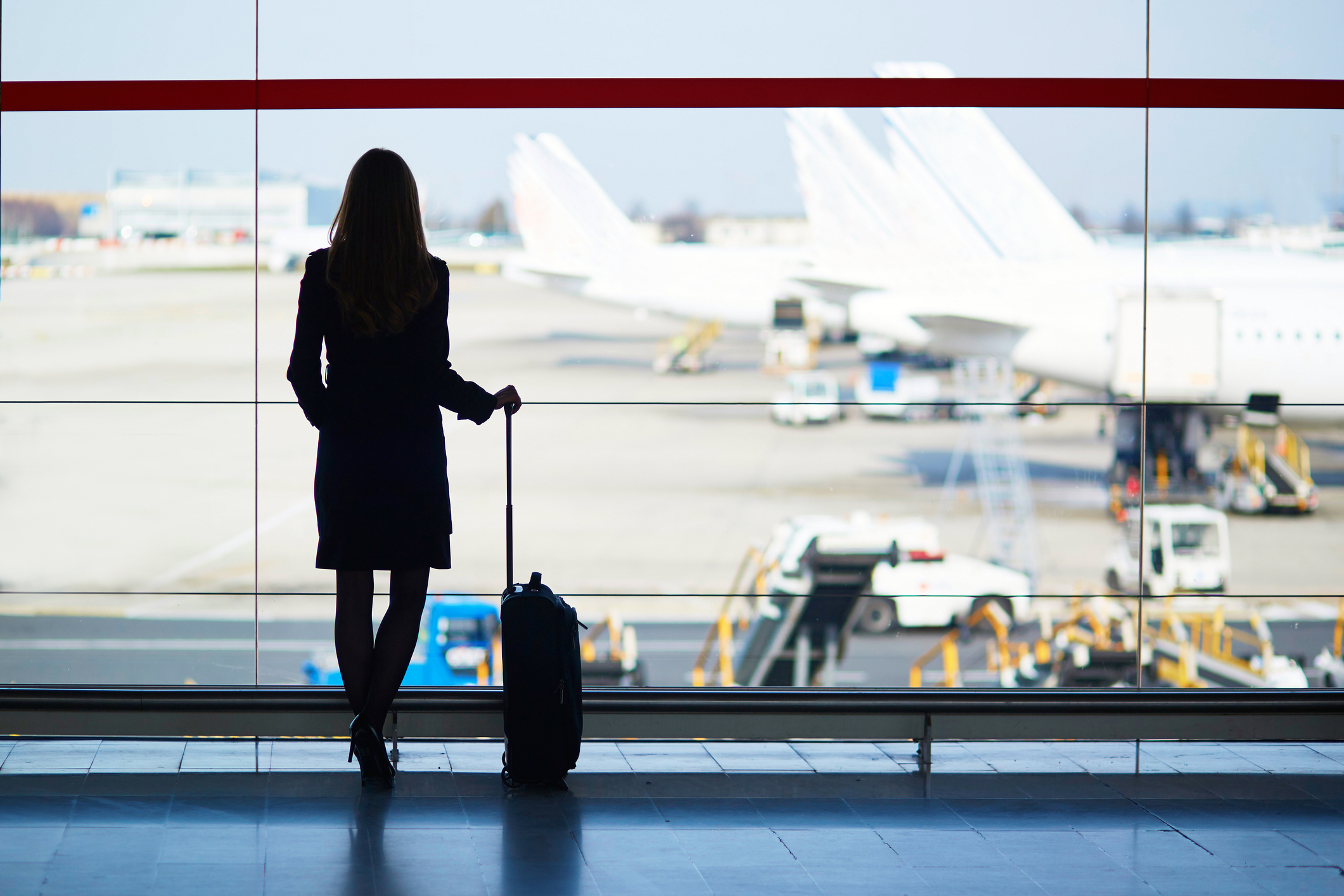There are signs that business travel is recovering after nearly a year and a half of pandemic-induced disruption.
Our research has found that many global companies and organisations are cautiously allowing staff to take business trips again.
In a survey examining changes to the travel policies and risk assessments of its clients – which include a substantial body of Fortune 500 companies and major international intergovernmental and non-governmental organisations – Dragonfly found that by the end of the year 76 percent of respondents have or plan to give the greenlight for the resumption of business travel. And that many intend to exceed pre-crisis levels once restrictions are eventually lifted.

Intelligence-based forecasts by Dragonfly suggest that almost all the developed world will return to ‘normal’ – defined as the point at which they are no longer vulnerable to snapbacks in Covid containment measures – over the course of 2022. A good deal of the developing world also looks likely to do so over the course of 2022, according to Dragonfly’s forecasts. That said, much wider progress needs to be made in tackling the virus, with most of Latin America, Africa and the Middle East yet to begin widespread vaccine rollouts.

Uncertainty over the spread of Covid and the varying effectiveness of measures to counter it mean businesses and organisations are maintaining a cautious approach to authorising travel. A majority of respondents in Dragonfly’s survey said they had reviewed their policies on how and when to allow travel, with 41 per cent of organisations making major amendments. In a sign of continued caution, some 45 per cent of the companies and organisations that took part in the survey have adopted a case-by-case approach to assessing whether to allow travel to specific locations.

Dragonfly’s study provides further insight into participants’ travel risk methodologies with employees’ risk profile and vaccination status considered more important factors than Covid-related data – such as case, vaccination and hospitalisation rates – in destination countries. Given the ongoing Covid-related travel threats, the business-criticality of proposed trips is for many the key to deciding whether they should be sanctioned.
The complexity of travel risk determinations at this time, coupled with the onerous responsibility associated with such assessments, was further underlined by the survey’s finding that 24 per cent of respondents said trip approvals were now made at a more senior level than previously; 48 per cent said that the decisions were now in the hands of senior executives.

Though companies and organisations are once more giving the go-ahead for travel, Covid-related obstacles remain. Dragonfly’s research indicates that most countries in the world still have some barriers to entry for travellers. Several countries (including Australia and Argentina) enforce almost-prohibitive restrictions. And few outside Europe accept vaccine passports or certificates in one form or another. Moreover, Dragonfly’s analysis of data from international medical organisations shows that in the four weeks to August 5, nearly 70 countries had reported Covid-19 ‘variants of concern’. All of which suggests it could be some time before corporate travel fully recovers.
The Global Business Travel Association (GBTA) estimates that business travel spending will come close to reaching pre-pandemic levels by the end of 2024. But the results of Dragonfly’s survey suggests there is a desire in some major companies and organisations to move more quickly; 21 per cent said they want to allow and facilitate the levels of corporate travel seen prior to the pandemic as soon as possible. And 52 per cent of respondents indicated that, within a year of Covid restrictions being lifted, they anticipate approving between 51 and 100 percent more trips than before the global health crisis.




